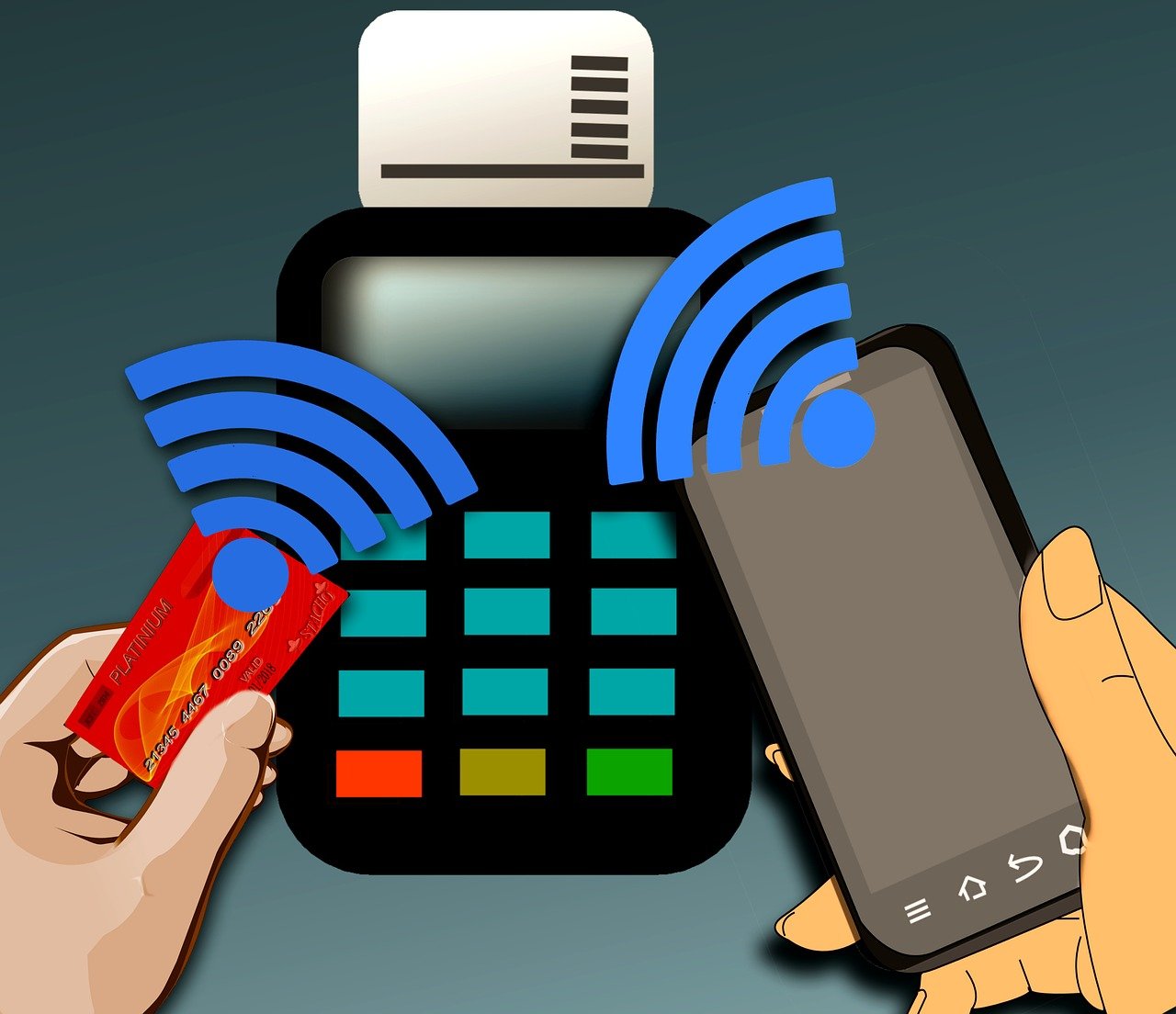
As a reaction to the pandemic in 2020 alone, cashless payment technologies like eWallets and mobile banking have experienced a surge in popularity as their efficiency helped mitigate COVID-19’s spread. Therefore, mobile and frictionless transactions are currently defining the future of payments.
As this new, broader payments ecosystem develops, payment enablers such as artificial intelligence and machine learning, real-time payments, data science and analysis, and blockchain have been integrated into the payment ecosystem to improve its operation and security.
Cashless transactions are shaped by these technologies, and they are also constantly evolving to advance payment security and efficiency. As a payment ecosystem player, you must have a thorough understanding of modern technology applied to your niche to ensure the smoothest flow of services.
Learn more about the technologies that are reinventing the front end of payments, hiding a complex and intimidating back end behind a fast and intuitive design that consumers and brands alike will appreciate.
Open APIs
APIs evolved from being used within a bank or with key partners to being made public, or open. Open APIs are critical enablers today because they facilitate collaboration and data sharing, which are essential for the agile development of innovative payments services.
Across the globe, banks are at various stages of building API marketplaces, building platforms, or taking steps such as sponsoring hackathons and expanding innovation labs to increase API adoption.
Instant Payments
An equally important ecosystem success factor is global instant payment (IP) schemes. The two main categories of instant payments are private and community efforts. These private initiatives are based on payment service providers’ networks and leverage existing payment schemes. Usually, these apps are used to perform real-time, person-to-person (P2P) and person-to-business (P2B) mobile payments for purchases at brick-and-mortar stores, as well as at online stores.
In conjunction with open-banking directives, instant payments offer significant value to eCommerce traders and B2C retailers due to instant access to funds, which leads to significant working capital and liquidity benefits.
Distributed Ledger Technology
With the new payments ecosystem, DLT may be able to facilitate transparent, secure, fast, and cost-effective payment transactions. Several leading banks have formed partnerships to offer their clients DLT based cost-effective solutions for low-value cross-border remittances, international cash pooling, and conditional transfers. However, the existence of different standards for these diverse solutions may result in interoperability challenges in the short- to mid-term, eventually resulting in consolidation in the longer run.
With the mitigation of specific concerns such as scalability and security challenges, DLT adoption may increase.
Regulatory Standardization
Within the new payments ecosystem, a uniform set of communications standards is essential, and several standardization proposals are being considered worldwide.
There are several API standardization initiatives, including the Banking Industry Architecture Network (BIAN), Open Financial Exchange (United States), Open Banking Working Group (UK), and the Open Bank Project (Germany), expected to further advance API adoption in the payments industry.
The ultimate panacea is centred around a robust governance structure, secure authentication methods, and standard security and technical standards for all payments communications. It is not enough for companies to compete at the level of infrastructure and standards; they should instead differentiate themselves from competition based on the overlay services that they build on top of the centralized infrastructure to bring value to their clients. With this approach, clients are assured that they are receiving the best value, without having to worry about varying standards and the need for different infrastructure.






